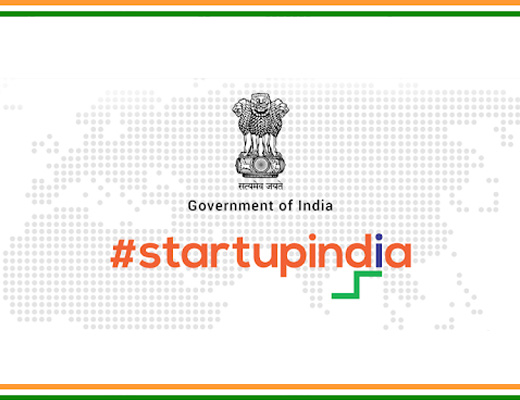Startup India - Empowering Startups for Growth
Startup India - Empowering Startups for Growth
The Startup India initiative, launched by the Government of India, aims to foster innovation and build a robust startup ecosystem to enhance entrepreneurship, economic growth, and employment across the nation. Over the course of a decade, the Make in India initiative saw the launch of a startup every hour. As of June 2024, the Department for Promotion of Industry and Internal Trade (DPIIT) has recognized a total of 140,803 entities as startups under this initiative. These recognized startups have made a significant impact on job creation, generating over 1.55 million direct jobs in India.
Additionally, India is home to over 100 GenAI startups, which have raised more than US$ 600 million since 2019, showcasing a blend of innovation alongside traditional startup ventures.
In September 2024, government has introduced a new centralized portal named BHASKAR for startups, aimed at enhancing collaboration to tackle current challenges within the ecosystem while fostering entrepreneurship and facilitating job creation.
The Government's Action Plan will help accelerate the growth of Startups throughout India, across all important sectors - in Tier 1, 2 and 3 cities, including semi-urban and rural areas - and includes promoting entrepreneurship among SCs/STs and women communities.

Union Minister of State Dr.Jitendra Singh expressed his belief that women-led startups will significantly enhance India's visibility and prominence on the global stage in the years ahead.
Department for Promotion of Industry and Internal Trade has outlined a comprehensive plan to further enhance the startup ecosystem in India. Key proposals include:
- Reduction in Compliance Time
- Incubator and Accelerator Support
- Financial Initiatives
- Innovation Zones
- Government Engagement
- Global Startup Events
Please visit https://www.startupindia.gov.in/ for more details.




